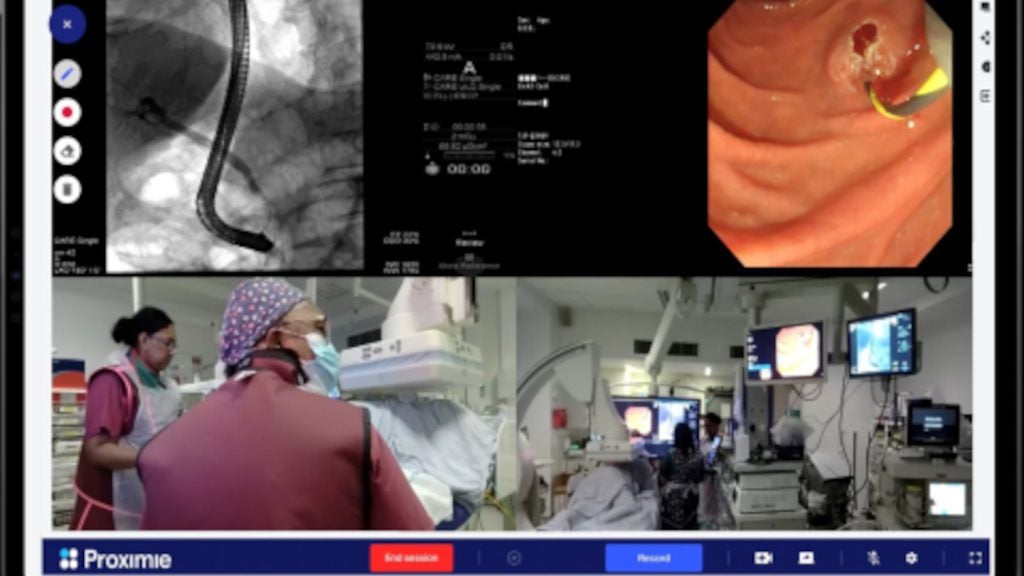
GE Healthcare has signed a multi-year agreement with Oregon Health & Science University (OHSU) to resolve the shortage for critical care in Oregon amid the Covid-19 pandemic.
Under this agreement, OHSU will provide care to ICU patients in eight hospital sites via a Virtual ICU (VICU), leveraging GE Healthcare Mural Virtual Care Solution.
A recent report by RAND Corporation suggests that the pandemic has brought to fore a pre-existing shortage of critical care specialists, nurses, and other clinicians across the US and globally.
GE Healthcare said it developed a customised solution of care workflows to power the OHSU VICU in response to this shortage in critical care.
In addition to offering remote care to patients, VICU will support local economies by maintaining resources such as ambulances and revenue in the immediate area.
It will enable hospitals to allocate beds, resources and staff for the most critical patients.
How well do you really know your competitors?
Access the most comprehensive Company Profiles on the market, powered by GlobalData. Save hours of research. Gain competitive edge.

Thank you!
Your download email will arrive shortly
Not ready to buy yet? Download a free sample
We are confident about the unique quality of our Company Profiles. However, we want you to make the most beneficial decision for your business, so we offer a free sample that you can download by submitting the below form
By GlobalDataOHSU Healthcare senior vice-president and COO Joe Ness said: “Through the Virtual ICU, we can supplement the local expertise in a variety of ways and durations – from a single shift to several a week – bringing much-needed relief and support to the clinicians on the ground.”
GE’s Mural, which powers VICU, integrates data from several systems and devices to digitise the hospital’s best practices and clinical protocols.
It also provides real-time view of patient status, which is scalable across a selected care area, hospital, or entire health system.
Additionally, Mural will offer analytics on clinical information to OHSU. This would include minutiae ventilation data and metrics on clinical as well as operational best practices such as pain, delirium and agitation management.
GE Healthcare Life Care Solutions president and CEO Tom Westrick said: “We are pleased to offer this flexible platform that delivers data from devices and systems regardless of manufacturer, going beyond the capabilities of the traditional tele-ICU.
In February this year, GE Healthcare launched a new cybersecurity service that combines medical device expertise, artificial intelligence, and process management tools to aid hospitals to tackle cybersecurity threats.







